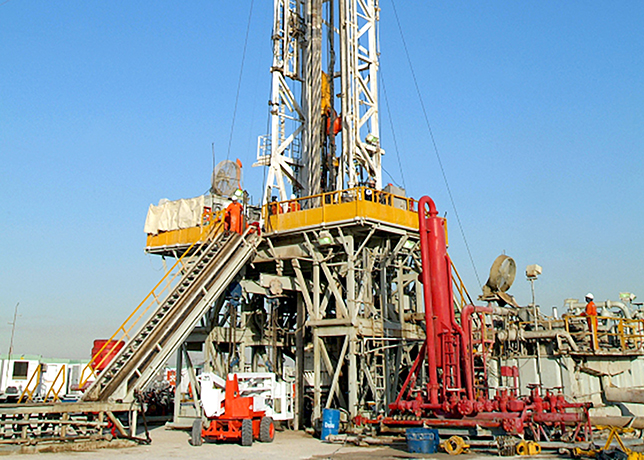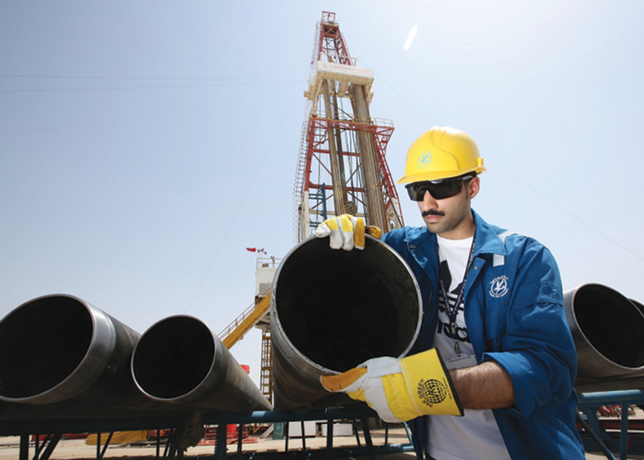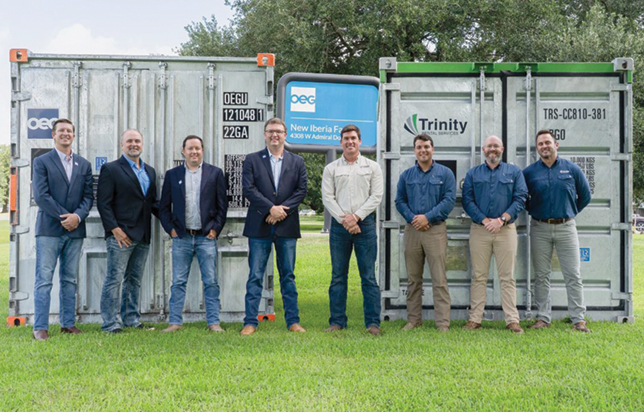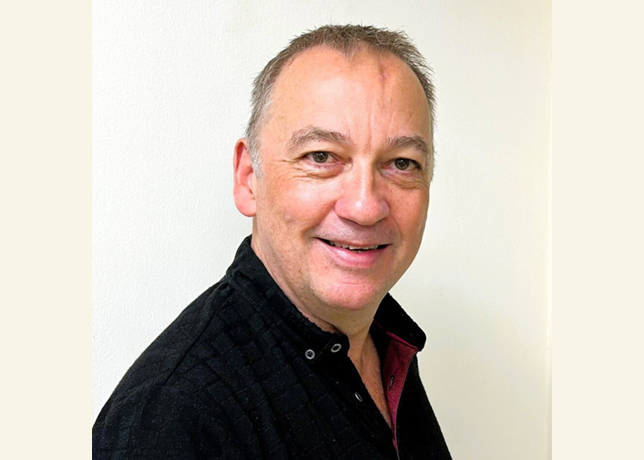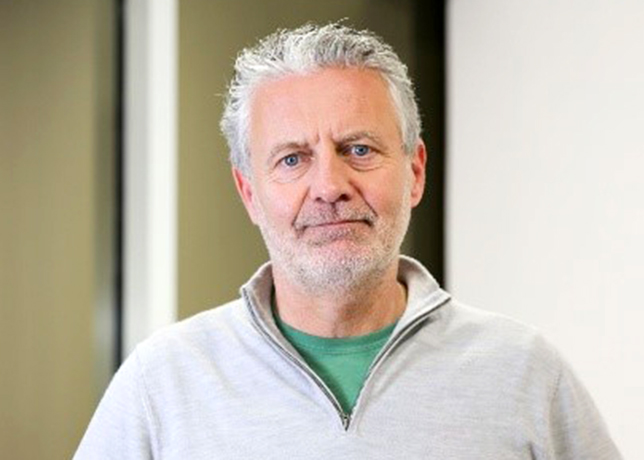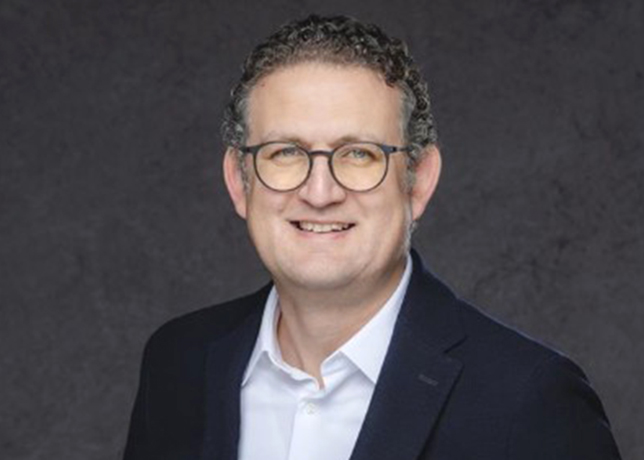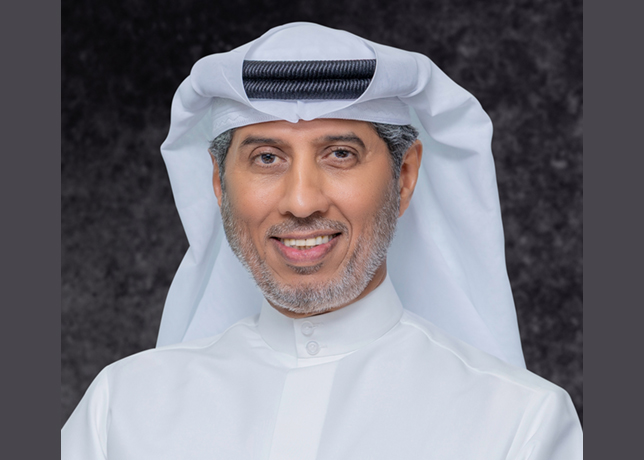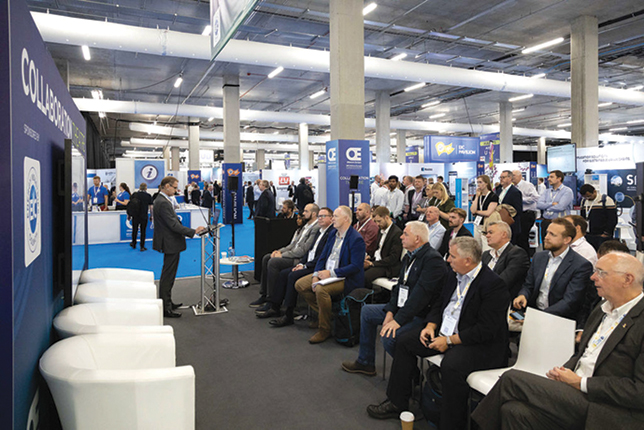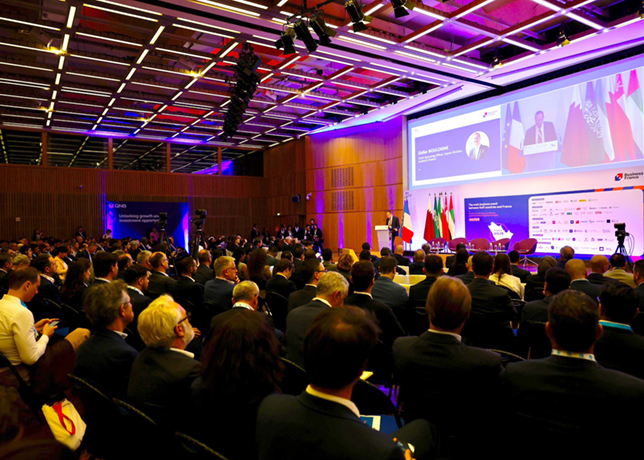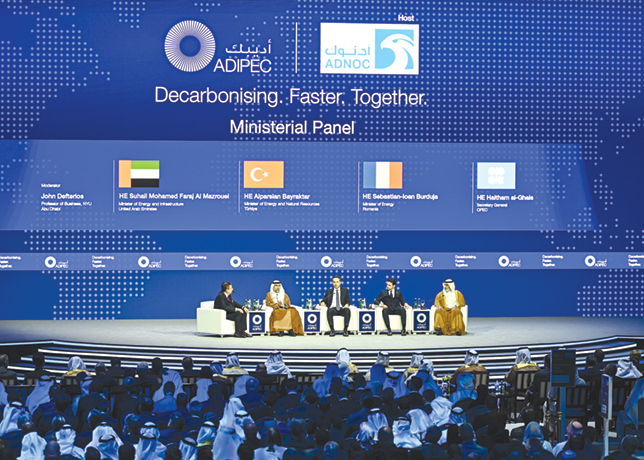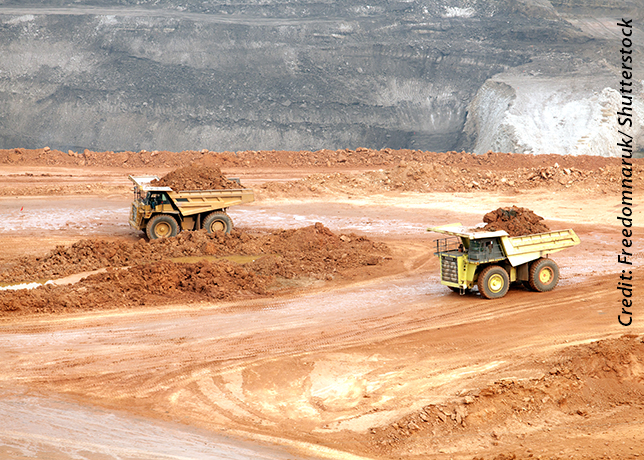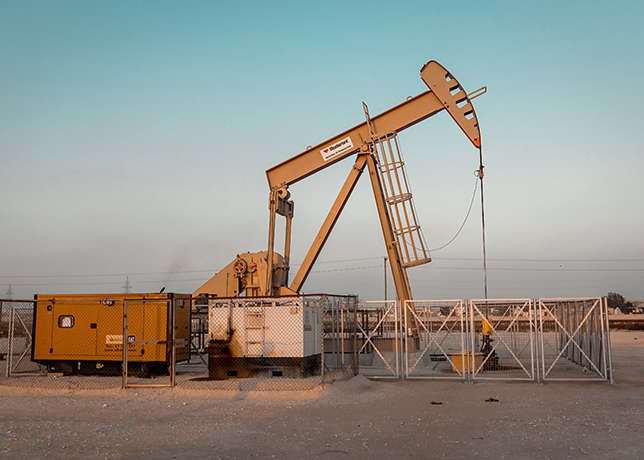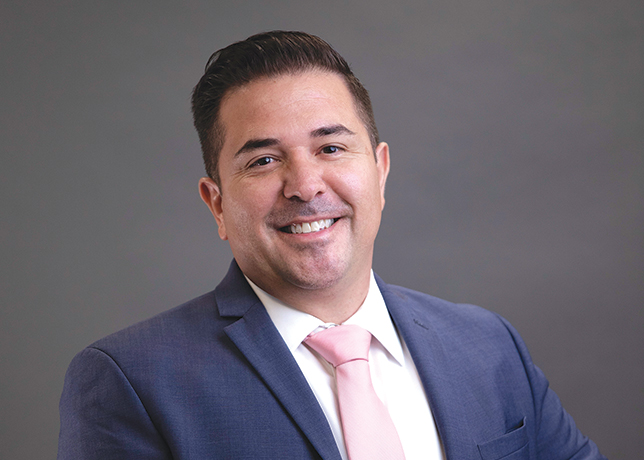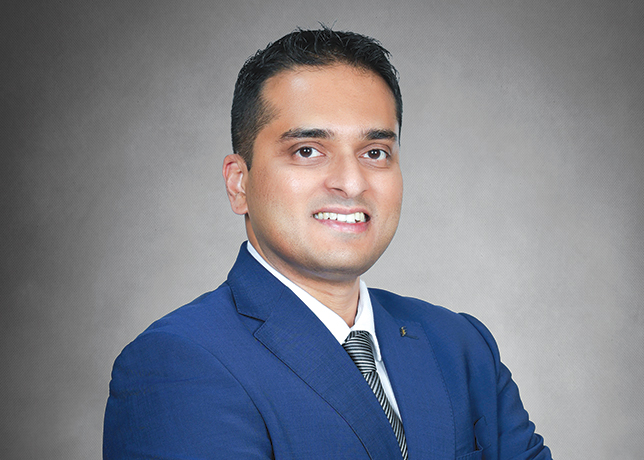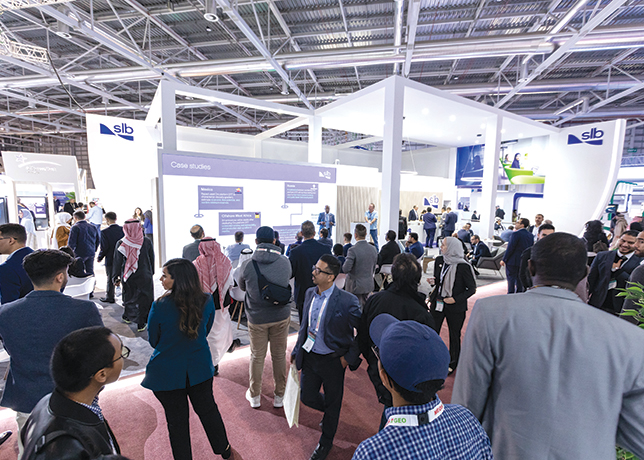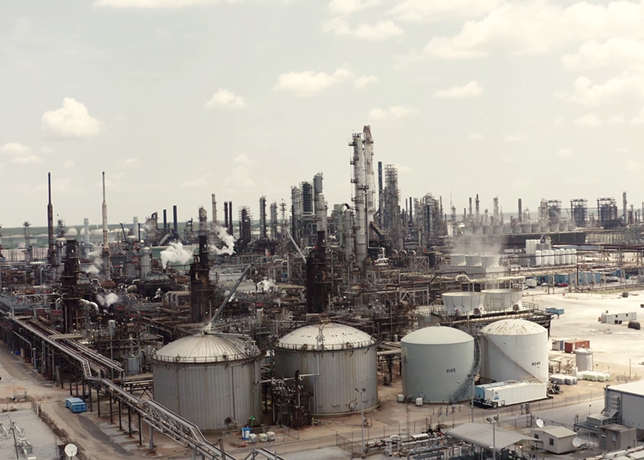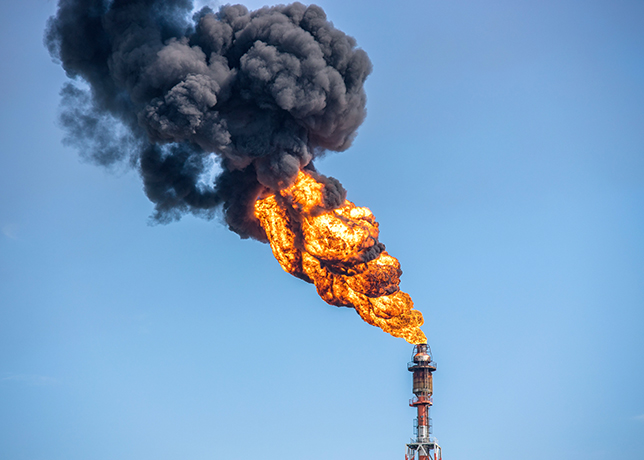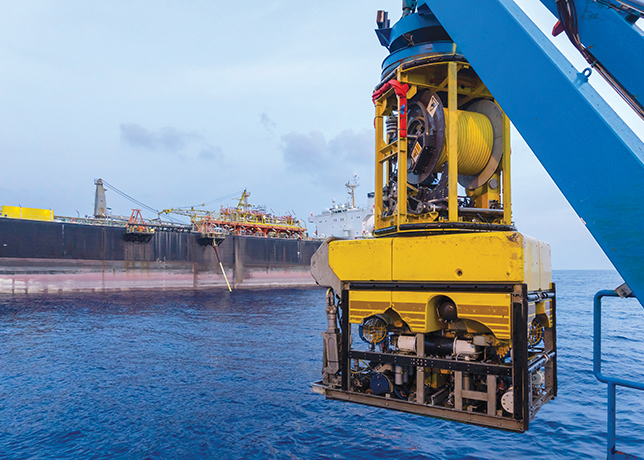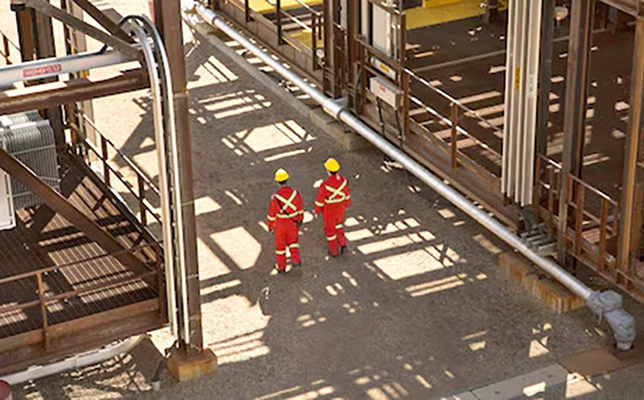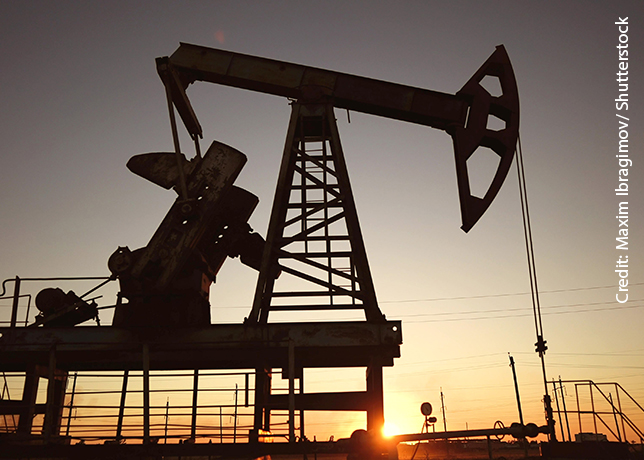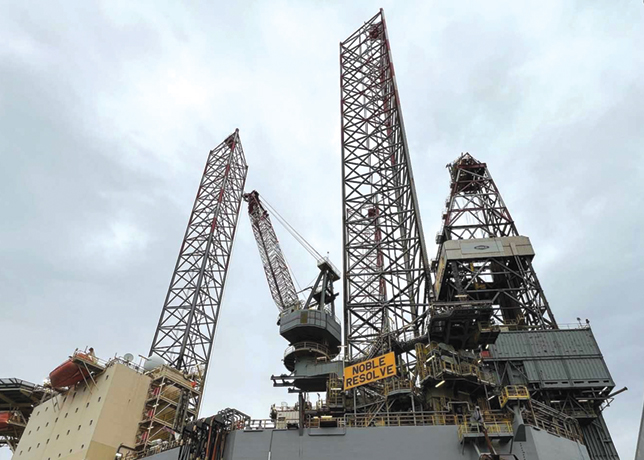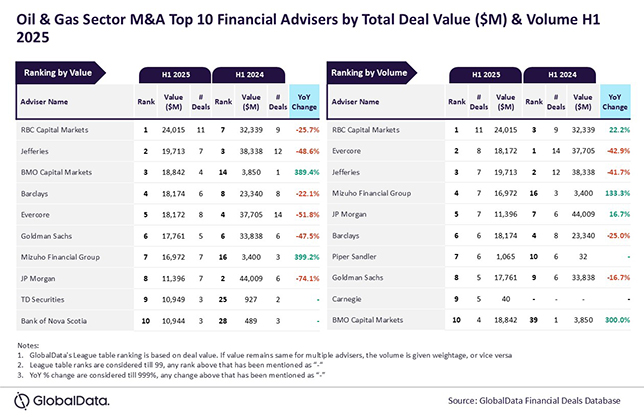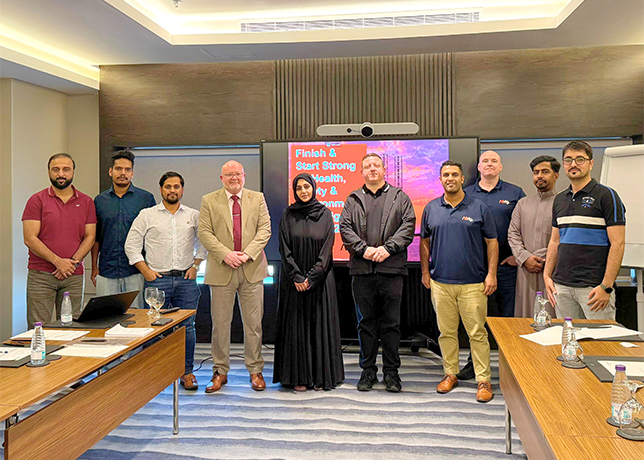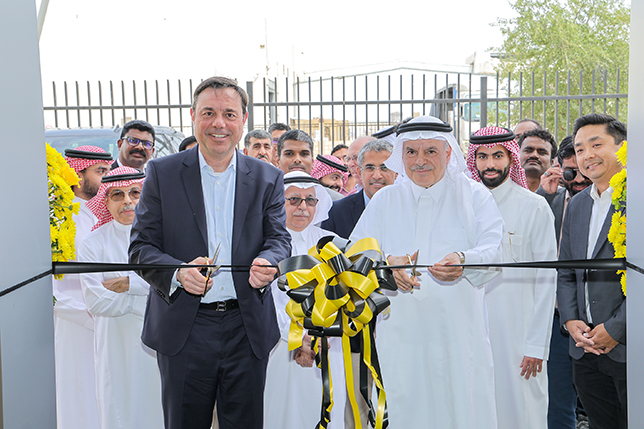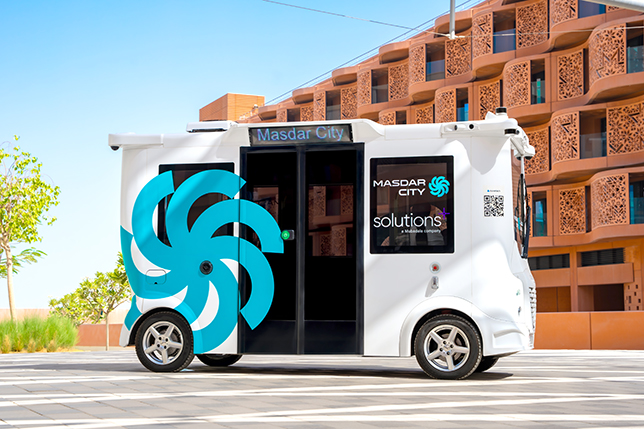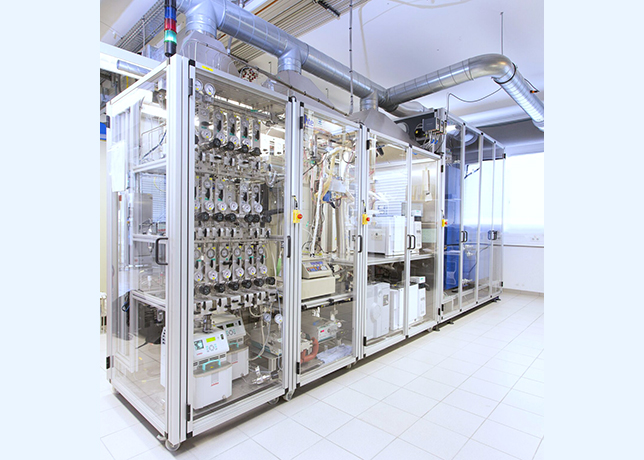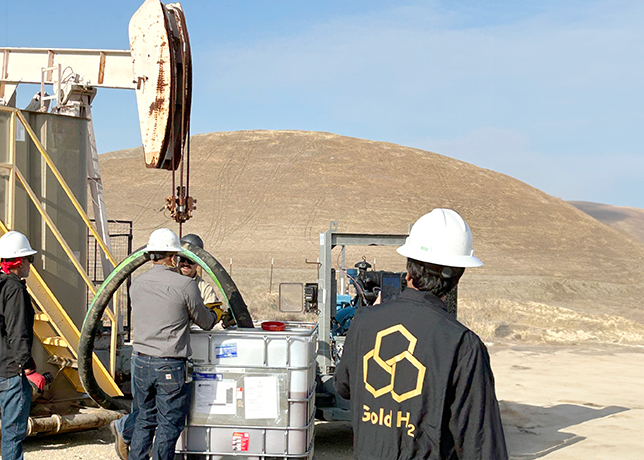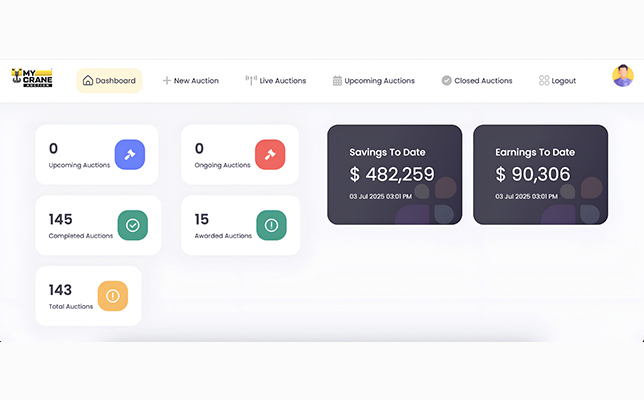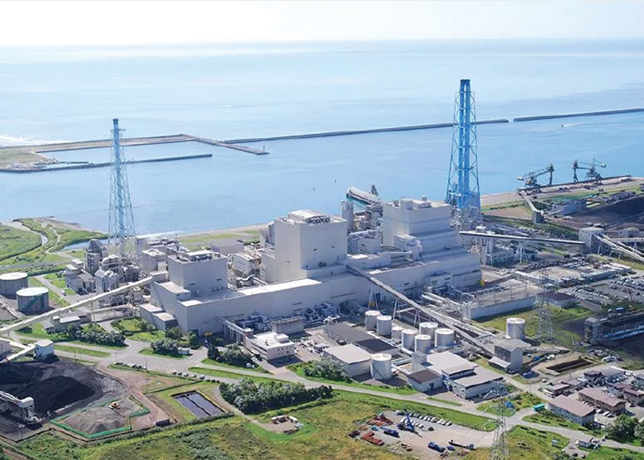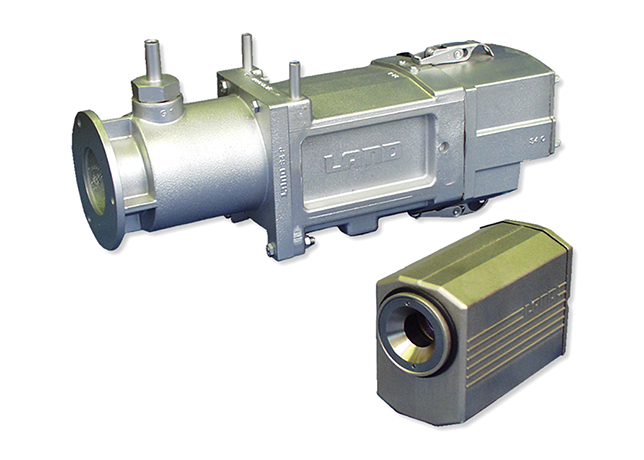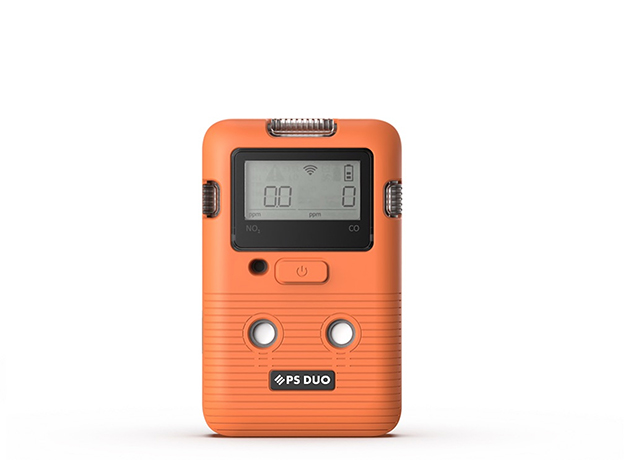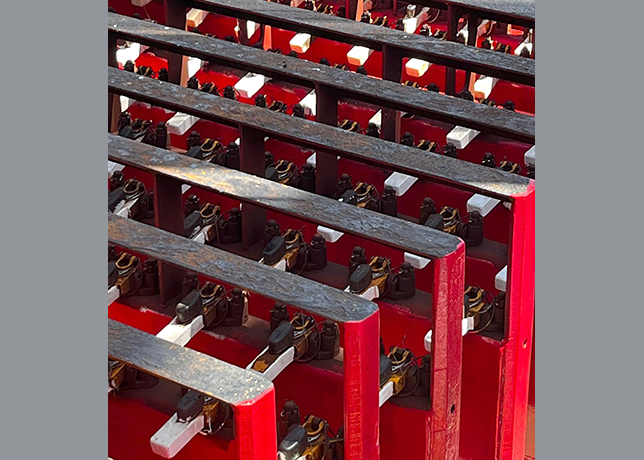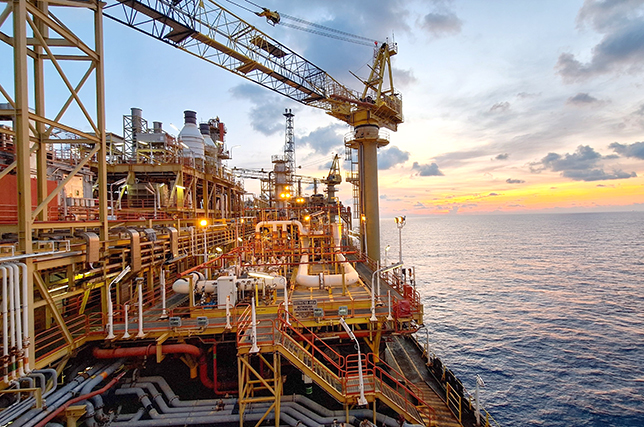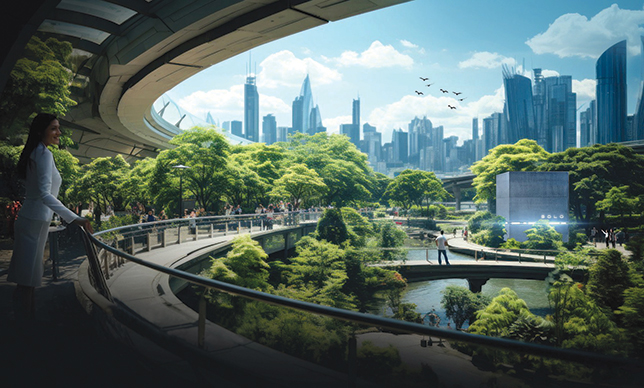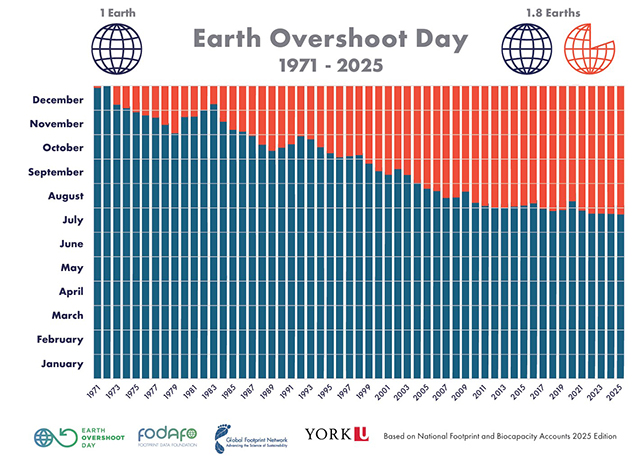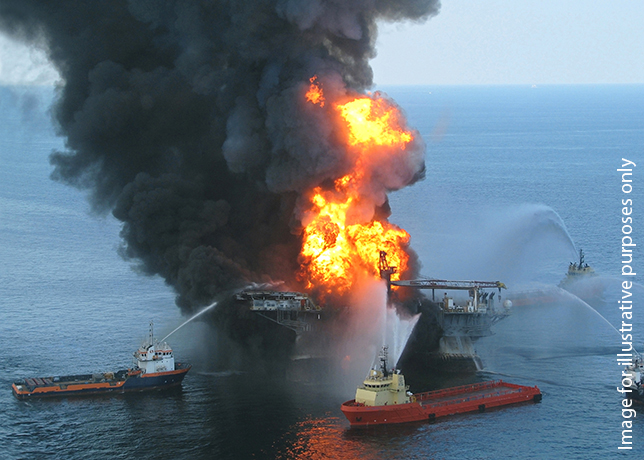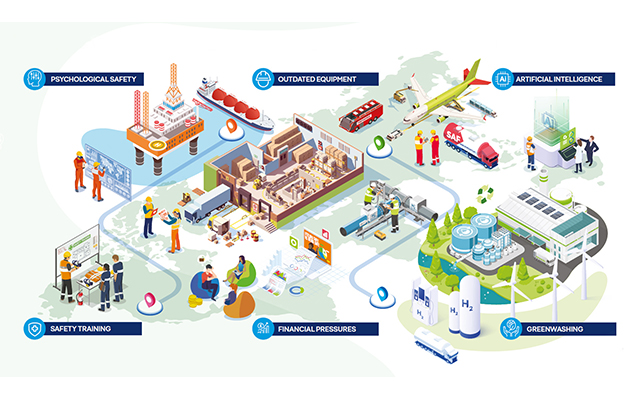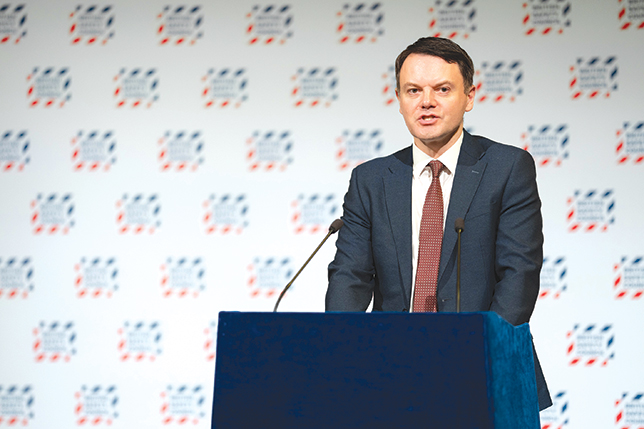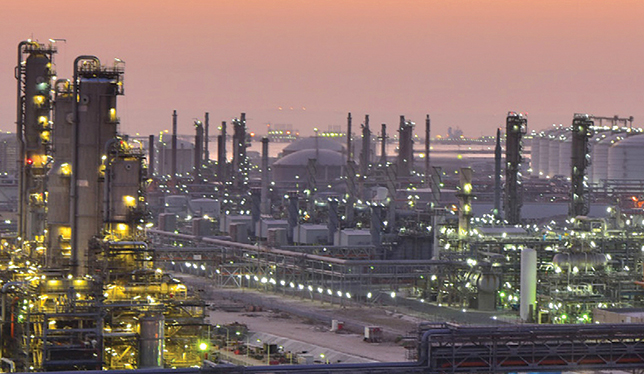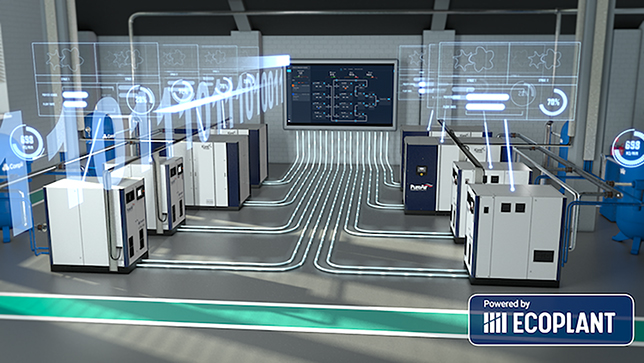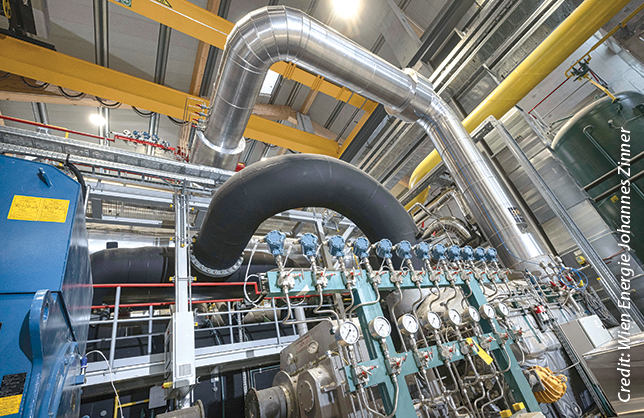
 Sabic plans expansions to boost output
Sabic plans expansions to boost output
Sabic will invest up to $70 billion in expansion projects over the next 15 years, senior company executive Fahad Al Sheaibi saysi.
"Sabic's current and planned investments for production expansion will likely total more than $20 billion over the next three years and as much as $70 billion in the next 15 years,' Fahad Al Sheaibi, Vice-President for PVC/polyester, said.
Sabic has already set out details of its investment plans up to 2008, which aim to increase annual output to 64 million tonnes from 43 million tonnes within three years and make it the world's biggest producer of ethylene glycol, which is used to make polyester and anti-freeze.
But Sheaibi's comments gave the first indication of the scale of Sabic's longer term ambitions, although he gave no breakdown of where the investment might be targeted.
Sabic, which benefits from cheap gas and feedstock supplies from state oil producer Saudi Aramco, doubled its net profits last year to SR14.25 billion ($3.8 billion) and first-half profits for 2005 also rose sharply.
It plans to issue a domestic Islamic bond this year and was awarded ratings by Standard & Poors of A long-term and A-1 short term -- the first step to a possible international bond issue which could help finance future growth.
Sabic is building a plant on the Red Sea coast at Yanbu which will produce four million tonnes of petrochemicals by 2008.
At the same time its Sharq 2 joint venture with Mitsubishi Heavy Industries on the Gulf near Jubail will add 2.9 million tonnes of ethylene, polyethylene, and ethylene glycol per year.
Sheaibi said current projections suggested that within three years 80 per cent of petrochemical production by GCC states, which control the world's biggest oil and gas fields, would be exported.
But he cautioned that record profits enjoyed by many petrochemical firms were unlikely to last as they all rushed to increase output leading to a drop in prices of their products.
As a result, some expansion projects might be put on hold or cancelled altogether, he added, without saying whether Sabic's own plans would be affected.
"Last year's margins in the global petrochemical industry reached or exceeded historical peaks. Many petrochemical producers ... including my company, had their best year ever," Sheaibi said.
He cited analyst projections that the peak may extend for another two years, but that by 2008 the global industry could enter a downturn caused by capacity additions.
"If it appears there will indeed be a global oversupply in 2007, it is possible that some expansions planned beyond 2007 may be postponed ... or cancelled altogether."
Meanwhile, the current and planned investment for Sabic's production expansion totals more than SR30 billion ($8 billion).
To improve the company's overall position and competitiveness, it anticipates additional worldwide investments to increase annual production to more than 60 million tonnes by 2008, said a report.
According to Sabic's annual report 2004, a record production volume in 2004 has enabled it to rank as one of the world's largest exporter of granular urea; second largest producer of ethylene glycol, methanol and MTBE; third largest producer of polyethylene; sixth largest producer of polypropylene; and overall the fourth largest producer of polymers, the report said.
Sabic is active in all major markets and continues to focus on global growth opportunities that can deliver improved operating results in the years to come.
Prince Saud ibn Abdullah, chairman of the Sabic board of directors and chairman of the Royal Commission for Jubail and Yanbu said, "Today, more than 80 per cent of petrochemical exports from the Arabian Gulf region are produced and shipped by Sabic.
"Our potential for growth has never been greater, as we focus on expansion of the company's activities in the Americas, Europe, Asia and the Middle East."
It has come a long way since its creation in 1976 to diversify and consolidate Saudi Arabia's non-oil business.
The company has faced many challenges on its way to becoming a key contributor to the Saudi economy.


